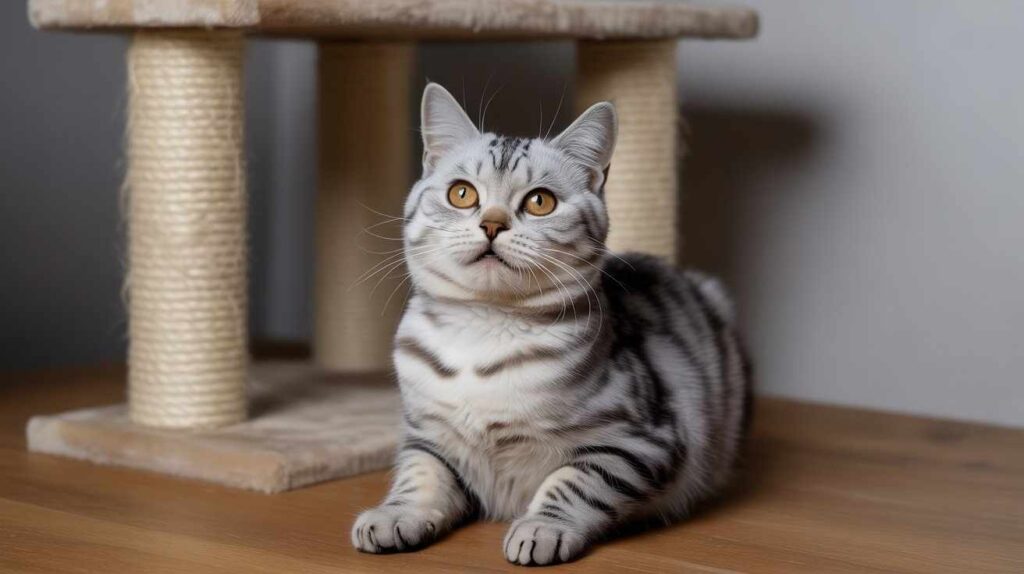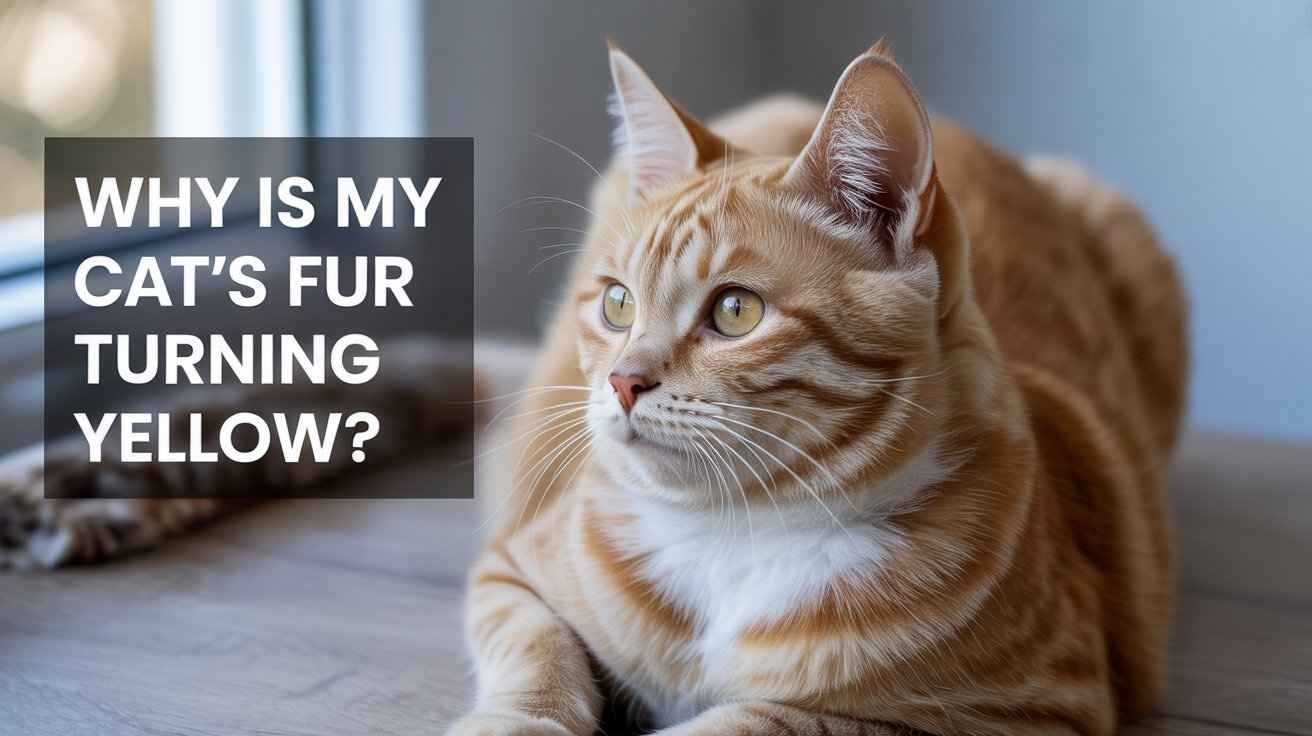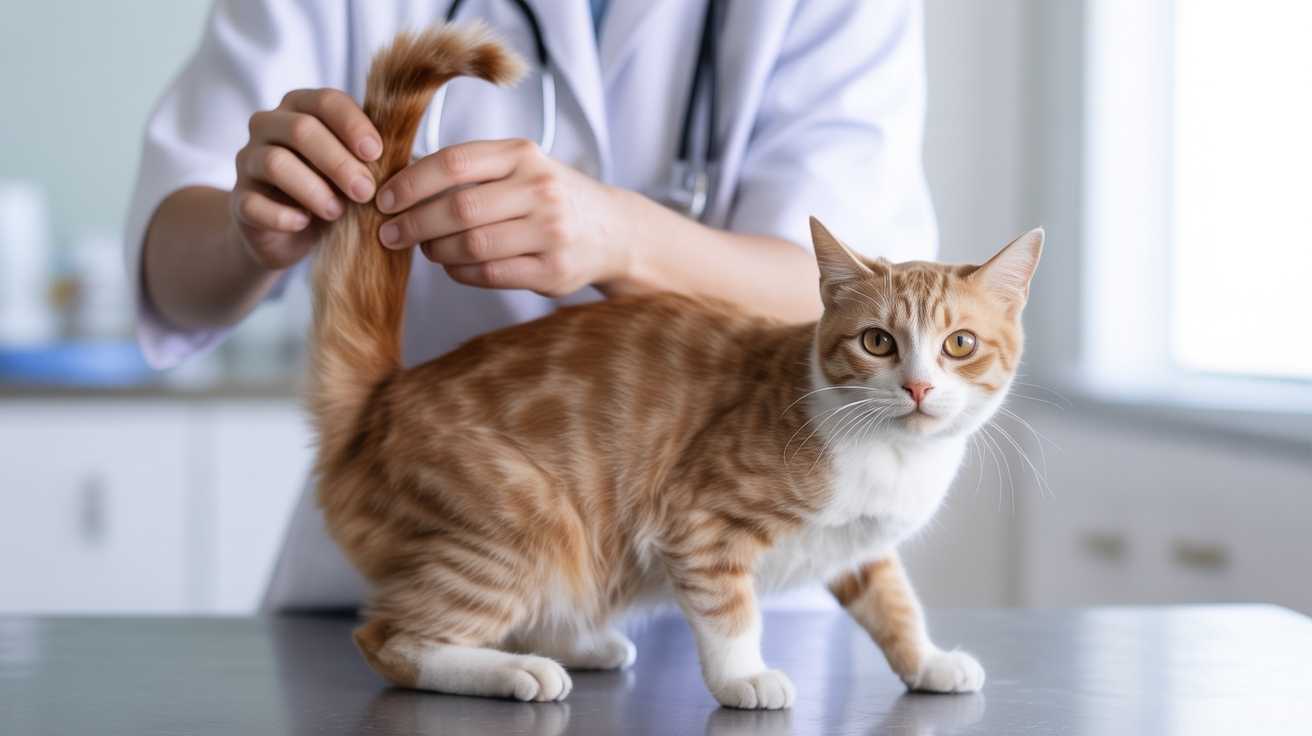Why your cat is so jumpy: 5 shocking reasons 1. Anxiety 2. Loud sounds 3. Hidden fears 4. Health concerns 5. Natural instincts make them restless.
Why Your Cat is So Jumpy?
Cats can act nervously or jumpy for many reasons. If your cat appears more anxious than usual, it may be due to changes in its environment, health issues, or stress.
Understanding why your cat is acting jumpy can help you make them feel calm and secure. This article explains the common reasons for cats being jumpy and offers helpful tips.
5 Common Reasons Why Your Cat is So Jumpy
| Reason | Explanation |
|---|---|
| Anxiety and Stress | Cats feel anxious from loud noises, changes in routine, or new pets. |
| Medical Issues | Pain from conditions like arthritis or hyperthyroidism can cause jumpiness. |
| Environmental Changes | Moving furniture or introducing new people or pets can stress out your cat. |
| Past Trauma | Cats with negative experiences may react with fear or startle easily. |
| Sensory Sensitivity | Cats are sensitive to noise and movement, leading them to react suddenly. |
Anxiety and Stress
One common reason your cat may become jumpy is due to anxiety or stress. Cats are sensitive animals and can become anxious when exposed to loud noises, unfamiliar people or pets, or even a change in their routine.
Signs of stress in cats:
- Hiding or avoiding people
- Increased aggression
- Jumping at sudden noises
- Over-grooming
How to help:
- Create a safe space: Set up a quiet area with your cat’s favourite blanket and toys.
- Use calming products: Try pheromone sprays or diffusers that help calm your cat.
- Reduce stress: Avoid sudden noises and keep a consistent routine.
If the stress continues, it’s best to consult a vet.
Medical Issues
Sometimes, jumpy behaviour is due to a medical issue. Cats, just like humans, can experience health problems that make them feel sensitive or uncomfortable. For example, conditions like hyperthyroidism (overactive thyroid) or arthritis can cause pain and make your cat feel jumpy.
- Medical conditions that cause jumpiness:
- Arthritis: Joint pain makes cats react suddenly to movement.
- Hyperthyroidism: Can make cats restless and agitated.
- Sensory issues: Cats may also get jumpy if they have problems with hearing or vision.
How to help:
- Visit the vet: A vet can diagnose any health issues and recommend treatment.
- Manage pain: If your cat has arthritis, your vet may suggest pain relief options.

Environmental Changes
Cats love routine. They feel most comfortable when their surroundings stay the same. Any change in their environment, such as moving furniture, acquiring new pets, or introducing new people, can make them feel anxious and jumpy.
- Rearranging the furniture
- New pets or people in the house
- Changes in your daily routine
How to help:
- Introduce changes slowly: Let your cat explore new areas at their own pace.
- Keep familiar items: Keep your cat’s favourite bed or toys in the same spot.
- Maintain routine: Try to keep feeding times and playtime consistent.
Past Trauma or Negative Experiences
Cats that have experienced trauma (like a scary event) may act jumpy or fearful. If your cat has had a traumatic experience, such as exposure to loud noises, abuse, or a frightening thunderstorm, they may become more easily startled.
Signs of trauma-related jumpiness:
- Fear of certain sounds or situations
- Hiding or avoiding certain places
- Aggressive behavior
How to help:
- Be patient: Cats with past trauma need time to heal.
- Create a quiet space: Let them retreat to a safe spot when they feel scared.
- Build trust: Spend quality time with your cat in a calm and gentle manner.

Sensory Sensitivity
Cats possess remarkable senses, particularly in hearing and vision. They can hear sounds or see movements that we overlook. Because of this, they can be startled easily by things like distant car horns or a bird fluttering outside the window.
How to help:
- Reduce distractions: Make your home as calm and quiet as possible.
- Give them space: Provide a place where your cat can feel safe and protected.
How to Help Your Cat Feel Secure
To help your cat feel more comfortable and less jumpy:
- Create a safe space: This could be a quiet room or a cozy spot with familiar items.
- Calm the environment: Keep the house quiet, avoid loud noises, and reduce sudden movements.
- Playtime: Spend time playing with your cat to help them release excess energy.
- Comforting products: Consider using pheromone diffusers to help calm your cat.
FAQs
Q1: Why is my cat so jumpy all of a sudden?
Sudden jumpiness could be due to stress, a health issue, or a change in their environment. If it doesn’t improve, consider visiting a veterinarian.
Q2: How can I calm my jumpy cat?
Provide a safe space, avoid loud noises, and engage in playtime. You can also try calming sprays.
Q3: Can medical issues make a cat jumpy?
Yes, conditions like arthritis or hyperthyroidism can make cats more sensitive. A vet can help diagnose and treat the issue.
Q4: What can I do if my older cat is more jumpy?
Older cats may have cognitive issues or pain. Keep them in a calm environment, and visit a vet for regular check-ups.
Q5: How can I determine if my cat’s excessive jumping is due to trauma?
If your cat is fearful of certain sounds or situations, past trauma may be the cause. Be patient and help your cat rebuild trust.

Hi, I’m Sana Sajid!I’m the voice behind CatsCare.blog, sharing my 10+ years of hands-on cat care experience. With a diploma in animal care, I offer practical tips, trusted advice, and easy-to-follow guides to help keep your cats healthy and happy.
When I’m not writing, I spend time with my own cats or exploring the latest developments in feline health. Follow CatsCare.blog for expert insights and real cat stories!





